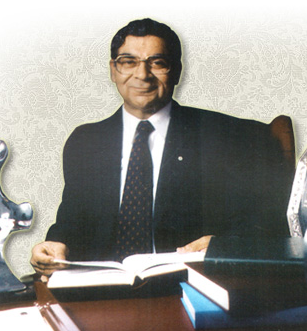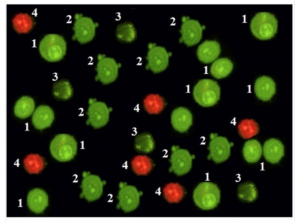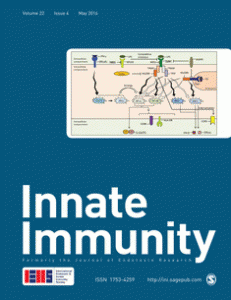
Fazlul Sarkar, who sued PubPeer commenters for criticizing his work, has logged two more retractions, bringing his total to seven.
The two retractions appear in the Journal of Cellular Physiology, and follow five others released last week by another Wiley journal, Journal of Cellular Biochemistry. All notices mention an investigation at Wayne State University, where Sarkar is on the faculty.
Here’s the notice for “Activated K-Ras and INK4a/Arf Deficiency Promote Aggressiveness of Pancreatic Cancer by Induction of EMT Consistent With Cancer Stem Cell Phenotype:” Continue reading Seventh retraction appears for cancer researcher who sued PubPeer commenters
 Misconduct by a chemist at a Colorado lab run by the U.S. Geological Survey (USGS) has
Misconduct by a chemist at a Colorado lab run by the U.S. Geological Survey (USGS) has 
 The Leiden University Medical Center (LUMC) has asked a journal to retract two papers after revealing a former employee manipulated data.
The Leiden University Medical Center (LUMC) has asked a journal to retract two papers after revealing a former employee manipulated data.


 A U.S. judge has denied a virology researcher’s third attempt to overturn a seven-year debarment from receiving federal funds, following a 2010 decision by the U.S. Office of Research Integrity.
A U.S. judge has denied a virology researcher’s third attempt to overturn a seven-year debarment from receiving federal funds, following a 2010 decision by the U.S. Office of Research Integrity.